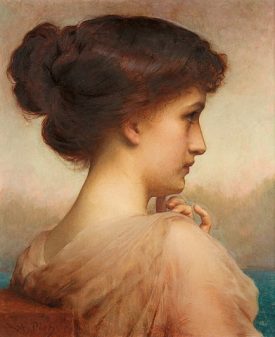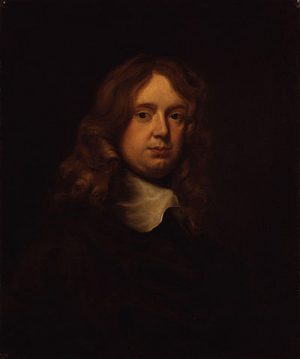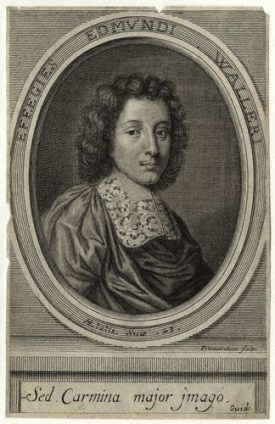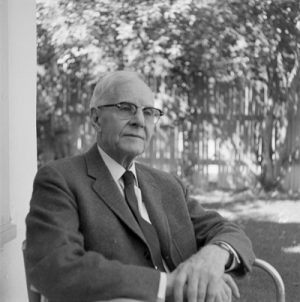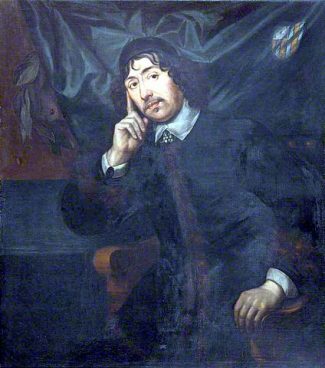Immortal Fragments: Sappho's Poetry
Note: This is republished from Thermidor Magazine, where it was originally posted on November 19, 2017.
When looking across the Western literary canon, it quickly appears that writing is, in a sense, a man’s game. Take a list of recommended authors from before the era of political correctness, and one generally finds only a few women represented. To take a convenient example, Mortimer Adler and Charles van Doren’s list of essential authors from the first appendix to How to Read a Book (which includes fiction and non-fiction) has only one female author, with Jane Austen standing alone to represent her entire sex. Now, that doesn’t particularly bother me; I don’t believe that we should grade on a curve so that we can include mediocrities like Maya Angelou or Rupi Kaur on “great authors” lists. There are, however, a handful of women who even a vile Reactionary like myself will gladly give credit to. Besides Austen, works by Flannery O’Connor, Emily Dickinson, Elizabeth Barrett Browning, and others all have a space on my bookshelf.
